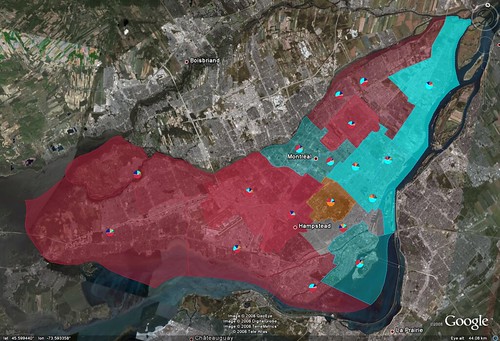 Illustration by Cedric Sam
Illustration by Cedric Sam
This might be the first time that traditionally municipal issues are being brought to the forefront of a federal election campaign. On Sept 23rd, Spacing reported that the mayors of Montreal and Toronto, along with the president of the Federation of Canadian Municipalities (FCM), called on all the federal parties to commit to engage in a partnership with cities.
As of 2006, 80% of Canadians live in urban areas, with nearly half in the 6 largest cities (Toronto, Montreal, Vancouver, Calgary, Edmonton and Ottawa-Gatineau). Crumbling roads and bridges, police force failures, inaccessible family housing, and unreliable transit have all been in Montreal headlines this year. The mayors say that municipalities, funded by property taxes alone, are simply unable to properly address these issues.
The mayors say that new model is necessary to provide funding that increases proportionately to urban growth. Some steps have already been made. The $33-billion Building Canada plan, drafted by the Liberal government adopted in 2007, transfers a portion of fuel taxes to municipalities and exempts cities from all federal taxes.
Still, according to an FCM statement last month, “Municipalities are struggling to meet their responsibilities with just eight cents of every tax dollar collected in Canada. They cannot meet growing funding needs in policing, affordable housing, public transit, environmental protection, and rural and northern sustainability.”
With Election Day in Canada only 2 weeks away, how have the various parties answered the FCM’s call? Over the next week, SpacingMontreal reports on how the parties have addressed some of the issues that matter most to cities, including:
Infrastructure: The infrastructure debt – that is the cost of maintaining already existing roads, bridges, sewers, transit, etc – has reached $123 billion across the country, according to the FCM. This is double what it was 5 five years ago.
Public transit: Developing effective public transit – both within and between cities – is key meeting our greenhouse gas emissions targets and preventing both climate change and local air pollution. As the cost of gas continues to rise, finding viable alternatives to car-dependent development models is also an economic issue that directly touches voters everywhere.
Housing: Over the past decade, federal housing programs have been cut repeatedly. Property taxes cannot be the only source of funding for affoardable housing, strategies to prevent homelessness and programs assist and shelter the homeless.

One comment
you know who used to be president of the FCM? NDP leader Jack Layton.